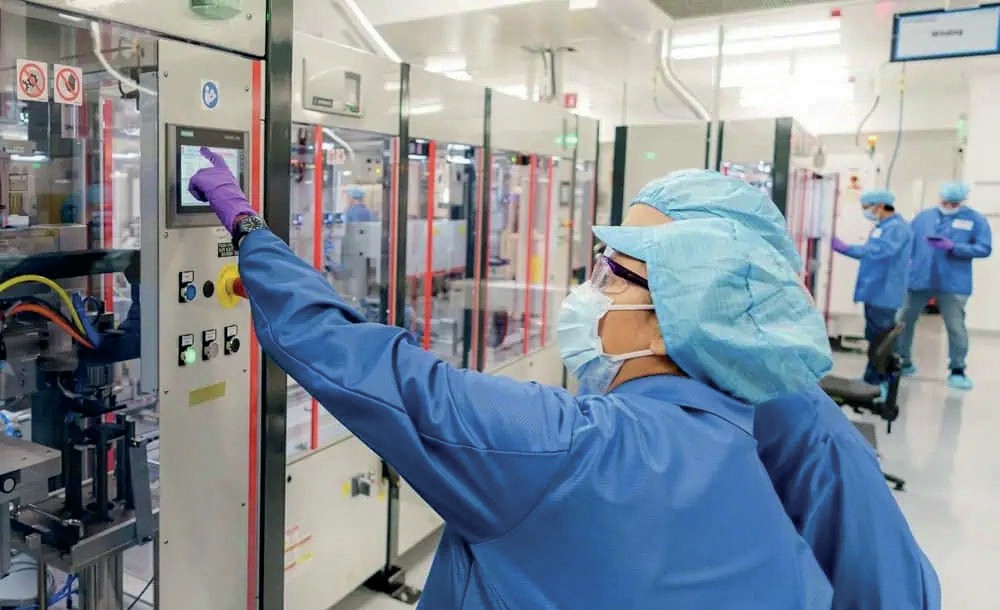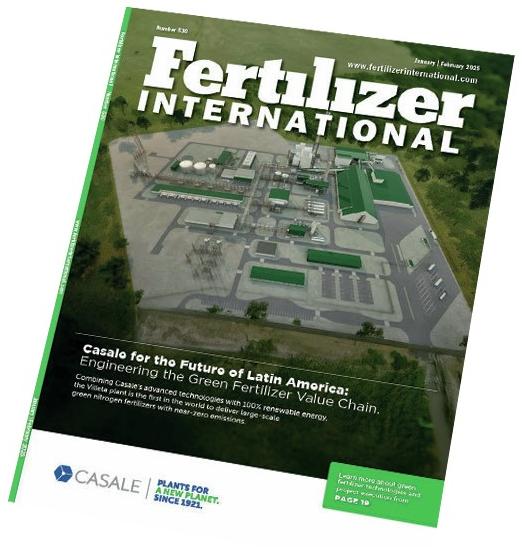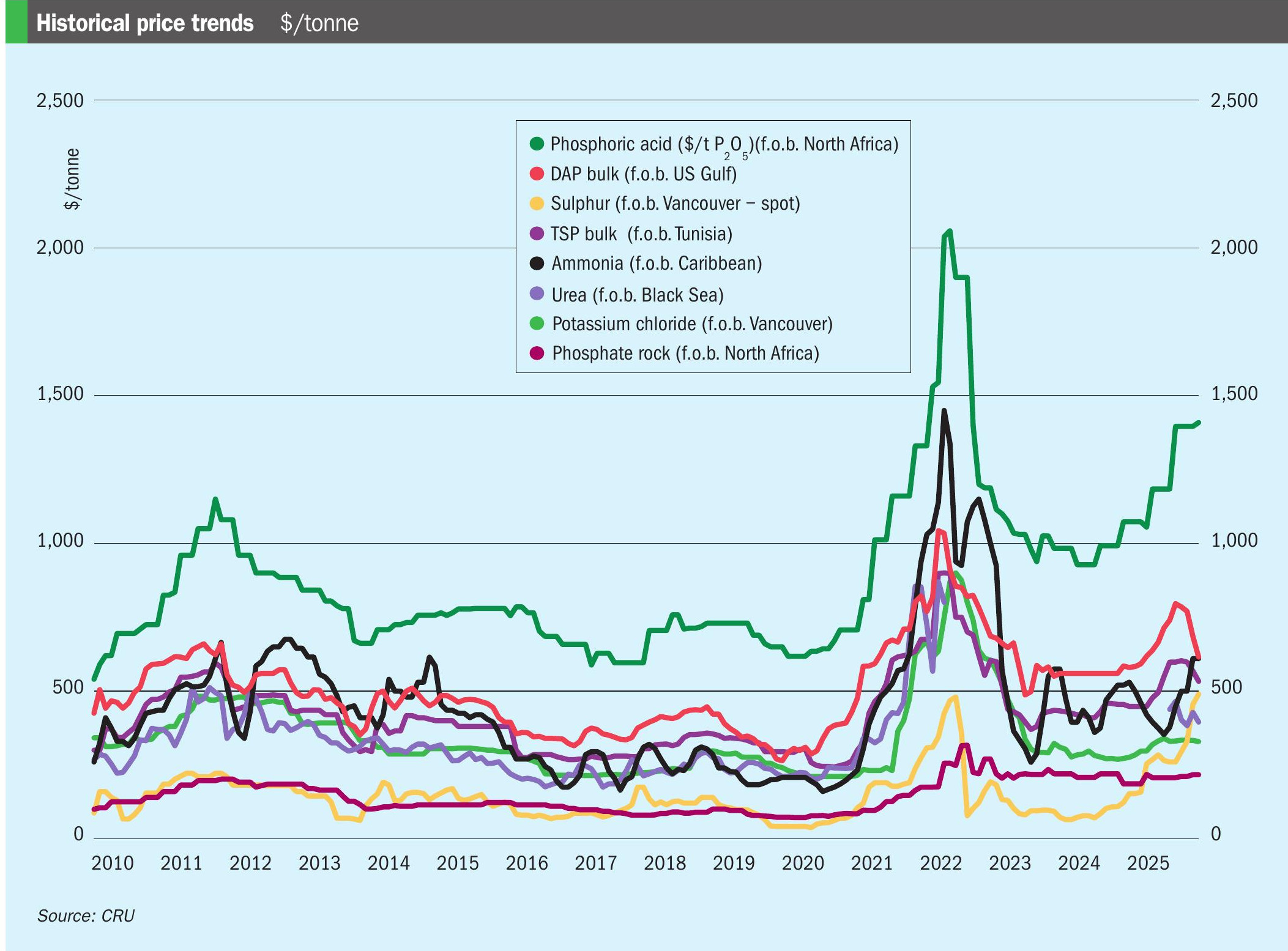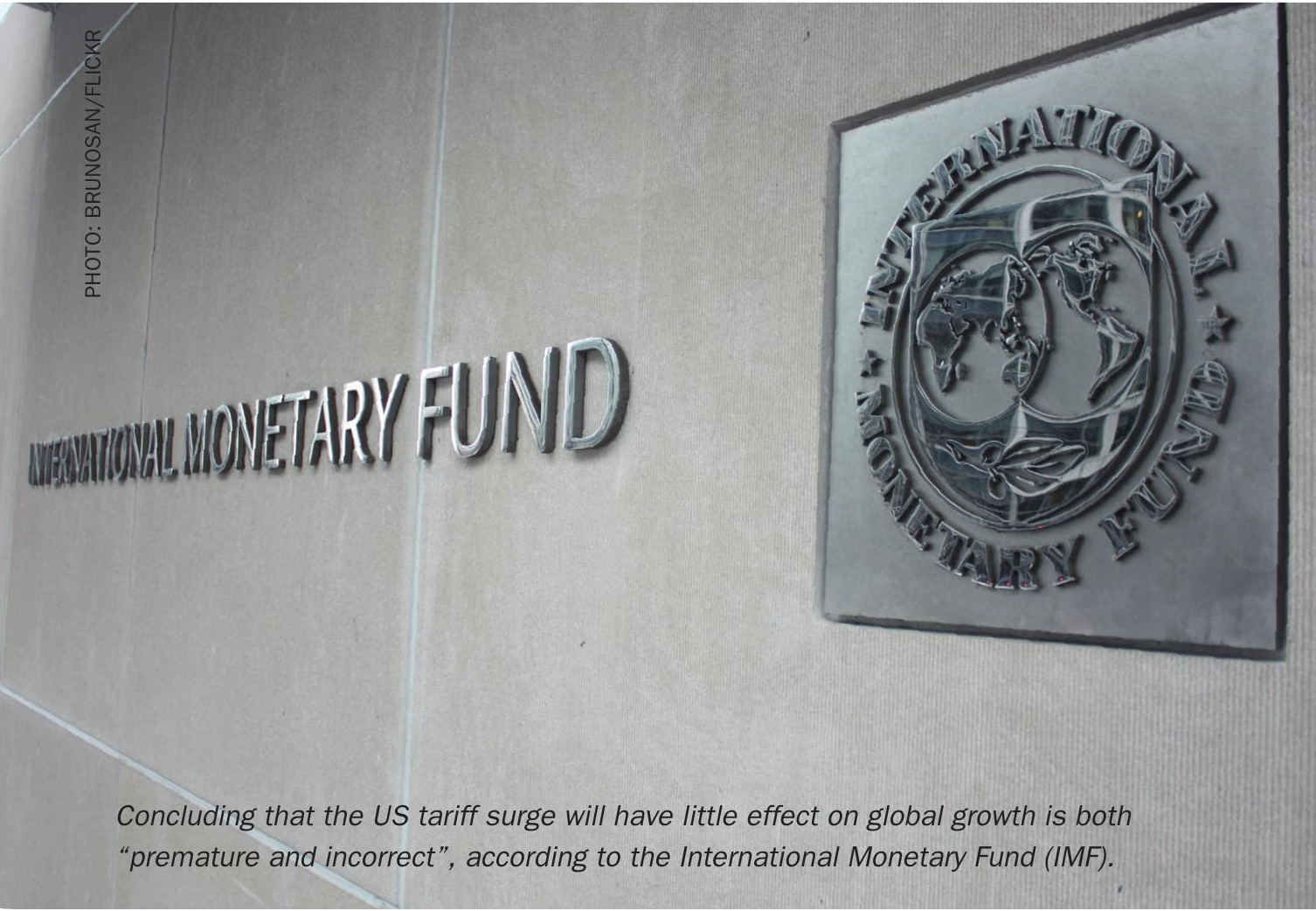Sulphur 417 Mar-Apr 2025

19 March 2025
Sulphur supply agreed for battery manufacturing

Lithium sulphur battery manufacturer Lyten has signed agreements with California Sulphur Company, at the Port of Los Angeles, and a Port of Stockton company to supply US domestically sourced, industrial-grade sulphur to Lyten’s manufacturing facilities in San Jose, CA, San Leandro, CA, and its recently announced Reno, NV, “gigafactory”.
Dan Cook, Lyten Co-Founder and CEO stated, “The US needs an alternative to lithium-ion batteries. Batteries are critical to the functioning of our energy grid, powering satellites, supporting our military, ensuring competitiveness of US companies, and powering new forms of transportation. Today, the supply of nearly every lithium-ion battery is controlled by a single country, creating an enormous vulnerability for the US. Lyten’s Lithium-Sulphur batteries use local materials, are fully manufactured in the US, and are cost competitive because of low-cost sulphur.”
The use of low-cost sulphur creates a battery cathode that is 40% lighter weight than lithium-ion, which requires nickel, manganese and cobalt (NMC), and 70% lighter weight than Lithium Iron Phosphate (LFP), which currently lead the market.
Celina Mikolajczak, Lyten Chief Battery Technology Officer, said: “In every industry, weight is critically important. In satellites and drones, we can remove kilograms of weight that directly translates into more payload. In vehicles, we can remove hundreds of kilograms of weight that improves cost, safety, and range while reducing the impact on transportation infrastructure. In battery energy storage systems, we can literally remove tons of weight, dramatically simplifying installation and reducing infrastructure cost. In our observation, electrifying everything requires the lighter battery weights we are achieving with lithium-sulphur.”
Lyten signed a $650 million loan in December 2024 with the Export Import Bank of the US (EXIM) to fund the scale up and delivery of its Li-S batteries energy storage systems (BESS). Additionally, in 2024, Lyten announced its integration into Chrysler’s Halcyon Concept EV, plans to integrate lithium-sulphur into AEVEX Aerospace’s unmanned aerial vehicles (UAVs), and the selection of its batteries for demonstration on-orbit aboard the International Space Station (ISS), scheduled for launch later in 2025.






